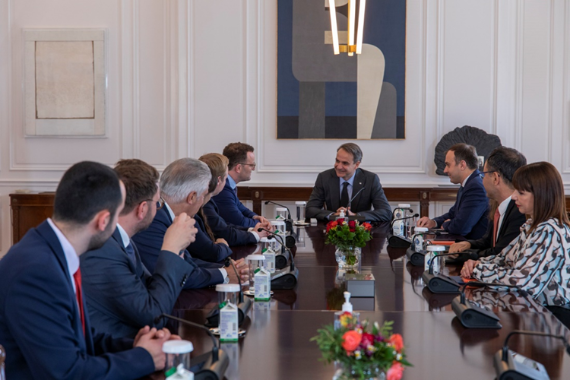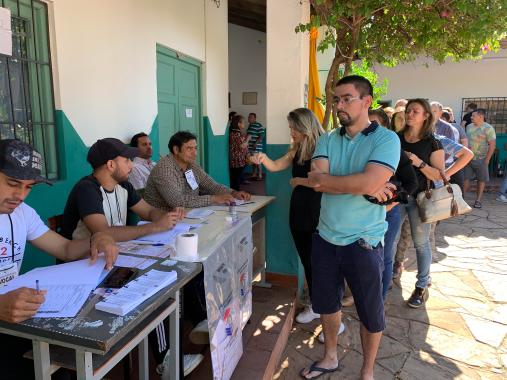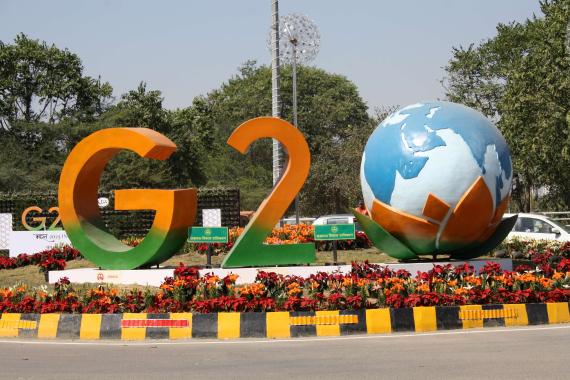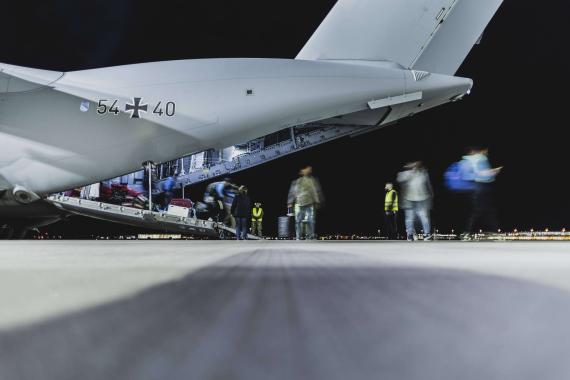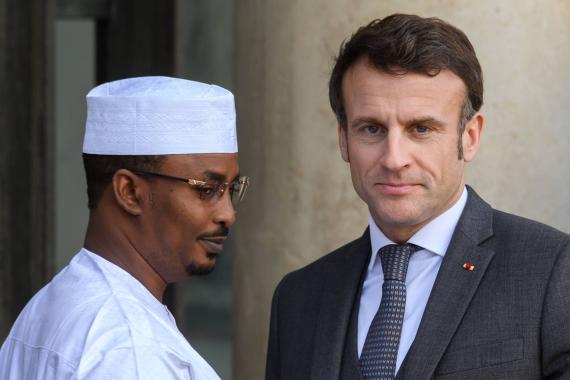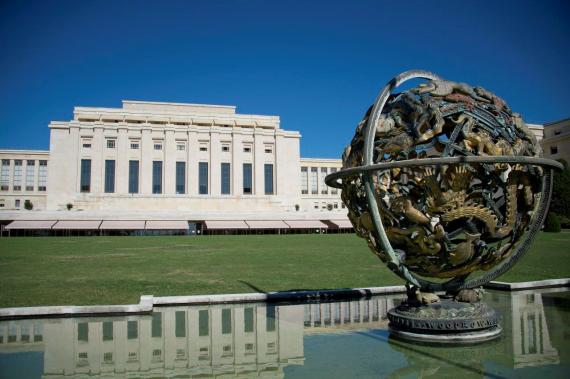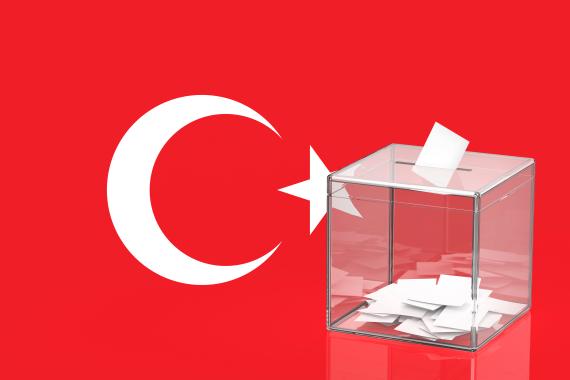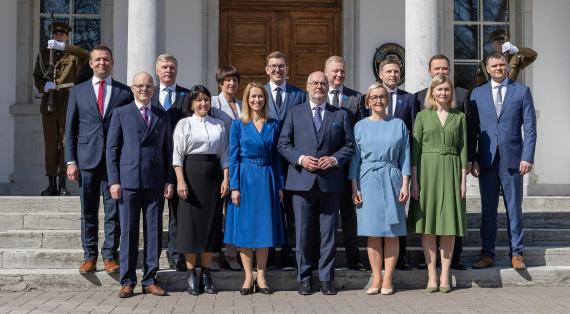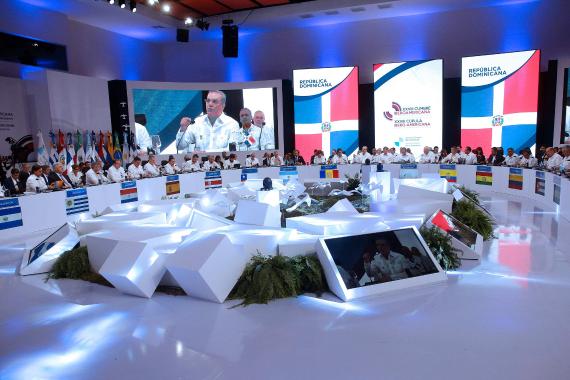Election´s ahead in Türkiye: Nation or People?
On May 14th the Turkish people will elect a president as well as a new parliament.
On May 14, Türkiye will elect a president as well as a new parliament. Incumbent Erdoğan is being challenged by the longstanding CHP-politician Kemal Kılıçdaroğlu. Both candidates are supported by respective alliances. The so-called National Alliance of the opposition includes a broad ideological spectrum of six parties. While the strongest party within the alliance, CHP, presents itself as a center-left party, the Good Party has its origins in the nationalist movement. DEVA and the Future Party are both headed by former ministers who served under president Erdoğan. The Democrat Party is considered a liberal conservative party whereas the Felicity Party is a islamist party. The National Alliance is tied together by the goal of reestablishing parliamentary power. Beyond that, the opposition is attacking the economic and migration policies of the current government. President Erdoğan, for his part, is being supported by the so-called People´s Alliance containing various political ideologies as well. Most striking, however, are the radical members of the People´s Alliance, such as Hüda Par, a kurdish-islamist party openly opposed the kemalist consensus of the Turkish republic. Yet, the electoral campaign is overshadowed by the earthquakes which erupted the Southeast in early February. Four weeks before the election will take place, this report summarizes the developments of the last two months and takes a look ahead.



